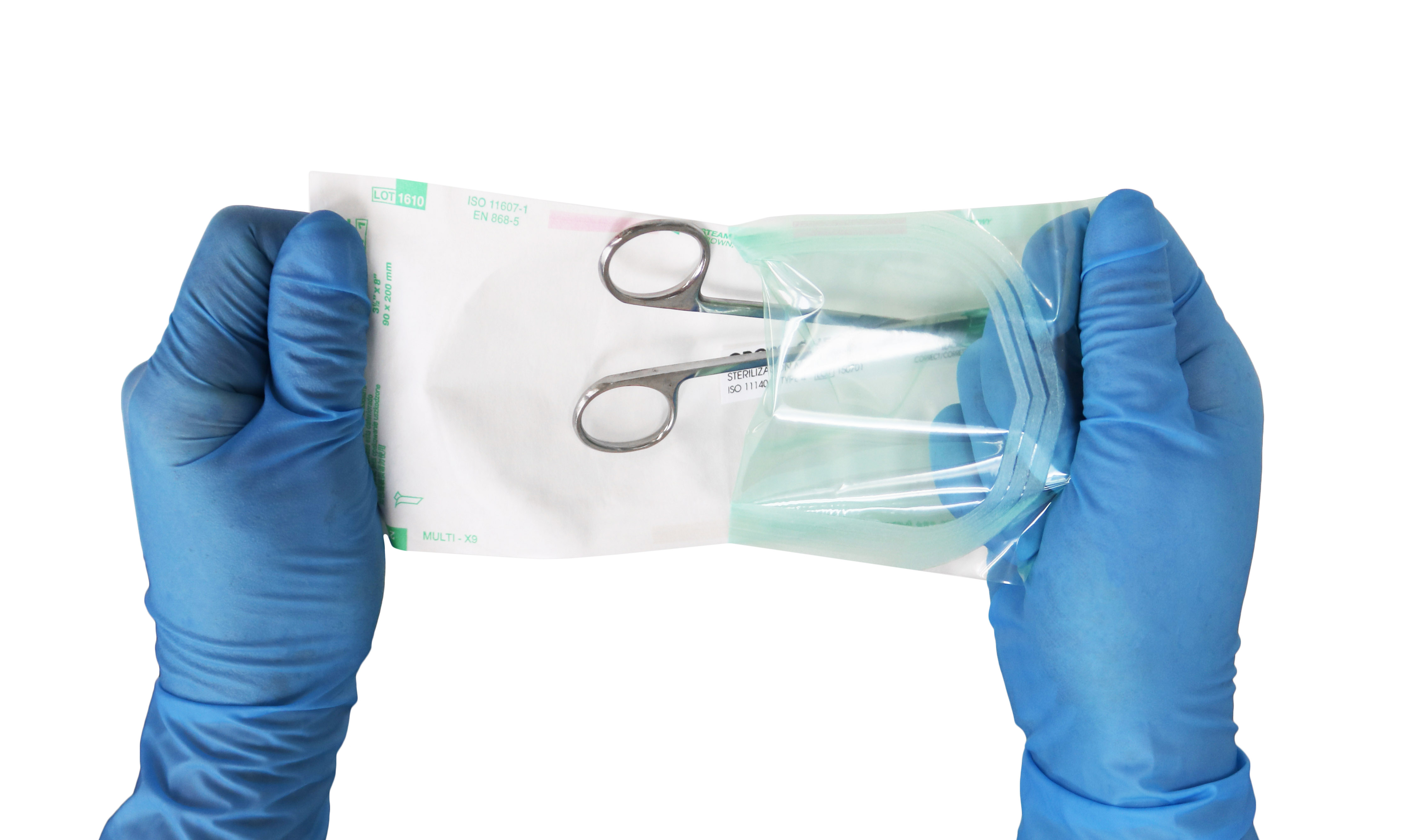CRE EXPLAINED – ISSUE NO. 298
February 1, 2015
The recent outbreaks of the deadly CRE superbug at UCLA, Seattle, Chicago and Pittsburgh have been alarming. CRE (Carbapenem Resistant Enterobacteriaceae) are multidrug resistant bacteria and belong to the family of Gram negative bacteria. The CRE bacteria are nearly immune to the 'Carbapenem' class of antibiotics, which is considered the last line of defense against Gram-negative infections.
Healthy people usually do not get CRE infections - they usually happen to patients in hospitals, nursing homes, and other healthcare settings. Infections with these germs are very difficult to treat, and can be fatal in about half the cases. The bacteria can cause pneumonia, intestinal and urinary tract infections, and bloodstream infections.
Outbreak investigations have revealed that the CRE bacteria are being transmitted from patient to patient on dirty duodenoscopes. Duodenoscopes are side-viewing flexible GI endoscopes designed primarily for ERCP procedures. These scopes are used in more than 500,000 ERCP procedures in the United States each year. Their design is complex and poses a particular challenge for cleaning and disinfection. The scopes have a movable elevator mechanism. The moving parts of this elevator mechanism have microscopic crevices and organic soil may remain in these after cleaning and disinfection. If these organic residuals contain bacterial contamination, subsequent patients may be exposed to serious infections.
According to the CDC, almost every state has had a confirmed case of CRE. To prevent the risk of disease transmission during ERCP, the duodenoscope's intricate internal surfaces, require special attention and thorough reprocessing.
In the wake of these deadly outbreaks, we have to do our due diligence in every aspect of monitoring reprocessing. Surveillance testing of endoscopes for microbial contamination, is the need of the hour. As a measure of best practice, ongoing microbial surveillance programs for endoscopes need to be designed and incorporated in the reprocessing protocols. Problems would then be identified sooner and the negative impact on patients would thus be significantly reduced.
Enzyme based, easy to use tests are available for rapid detection. When it comes to patient safety, vigilance is imperative- we have miles to go before we sleep!
HAVE A QUESTION?
WE ARE HERE TO HELP
Have a question about our products? Contact us today to speak directly to a Healthmark team member or shop our catalog now to request a inquiry


